Hillary Clinton and voting rights: ‘What’s there to be afraid of’
By Ludy Astraquillo Ongkeko, Ph.D.
Long before she became the Democratic presidential choice, Hillary Clinton has strongly argued the importance of voting rights and how there should be no hindrance to how we exercise our right to vote.
Very recent commencement speakers have scarcely touched on the forthcoming all-important November 8th elections. Basic facts and figures are not on the front burner amid propaganda that identify certain voting laws around the country.
Here are the statistics according to the 2014 U.S. Census: 60.5 percent are registered voters and only 35.6 percent voted.
In view of the troubling number of non-registrants, Clinton has vigorously advocated that states pass “needed and long-overdue reforms,” to push back against those states that restrict ballot access.
Reportedly, Clinton, underscored the growing chasm on voting rights as opposed to the quiet stance earlier taken by the lengthy list of Republican presidential aspirants.
She cited how many of the then proclaimed candidates have been “cynically committed” to making voting harder for the most vulnerable citizens. Time and again, Clinton has asked: “What part of democracy are candidates afraid of?”
Clinton has, on so many occasions, called for universal and automatic voter registration. The latter would register very American citizen at age 18. She claimed such a move aims at the modernization of the nation’s arcane, error-prone methodology in the registration of voters.
Inclusive registration has not been the trademark of most states.
In recent history, Oregon, stood out as one state that passed a law automatically registering eligible citizens with a driver’s license. The action was instantaneous. It added 300,000 voters to the election registry.
Other states should consider inclusive registration. The latter process would definitely belong to the government, and not on individuals.
Clinton has also urged at least 20 days of early voting nationwide, which would include evenings and weekends. Early voting, it is believed, will be a proven way of trimming the traditionally lengthy lines on Election Day.
The procedure would also open doors to people whose work or other commitments keep them from getting to the ballot box during regular business hours.
Enforcing Voter IDs is a favorite among Republican-dominated state governments that have enacted dozens of restrictions that previously would have been blocked by federal law. Clinton has appealed to “Republicans and Independents, at all levels of government, with all manner of ambition, to stop fear-mongering about a phantom epidemic of election fraud.”
Clinton’s call makes it lucid: it makes voting easier for all eligible voters to get to the polls. It should never redound to a partisan issue.
Suffrage rights belong to the people who are citizens of this great nation unless they are otherwise deemed as “unqualified.”
Election 2016 will be about many significant issues: from income inequality; to immigration; to health care; to education.
What will be at the core is a test of what it means to practice and infuse democracy at its level best: for the people; of the people; and by the people.
The Hillary Clinton call: Let the people who have the right to vote represent the clarion call. It is the sole way by which every American citizen can express her/his say at the polls.
Citizens of the United States are granted freedom of speech, a fair trial, freedom of religion, the right to vote, civil rights, all guaranteed by the Constitution. Let Election 2016 remind us all that suffrage is also one of our basic rights.

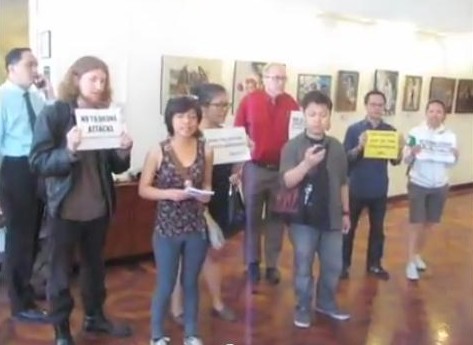
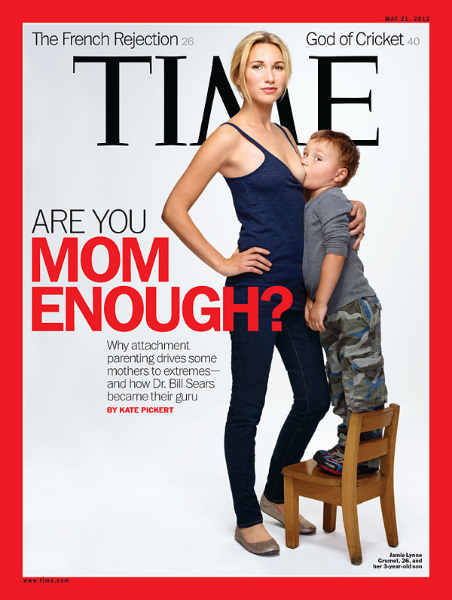
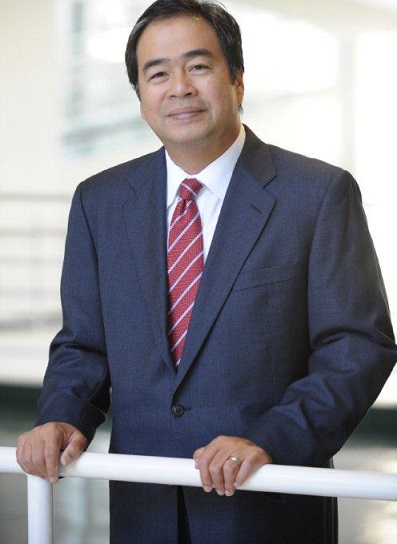
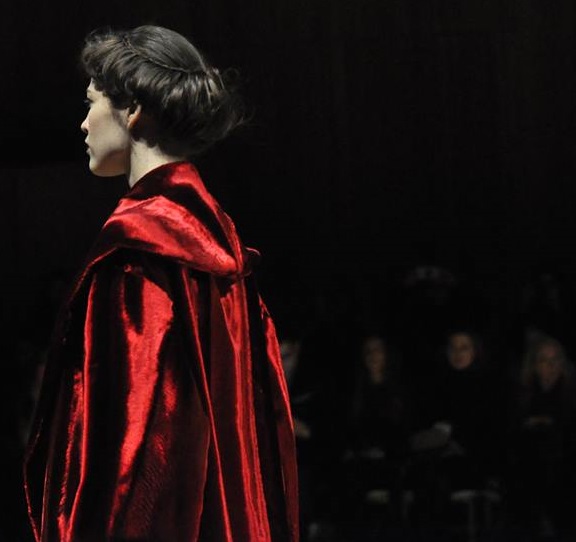
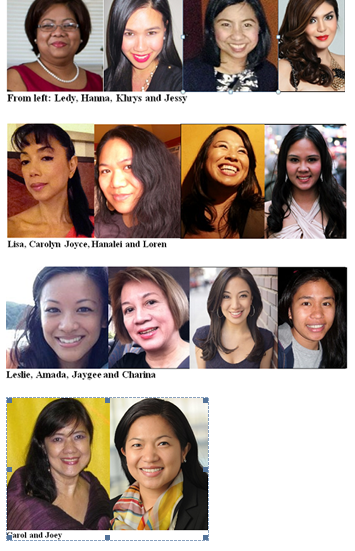

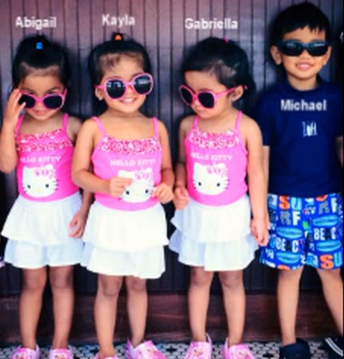
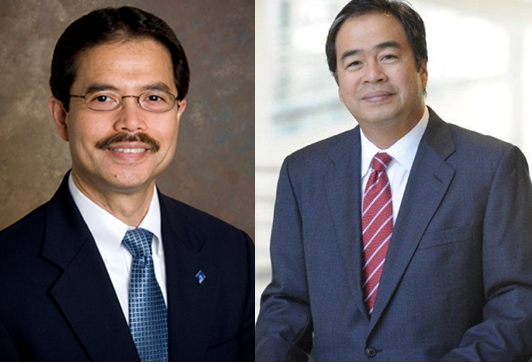
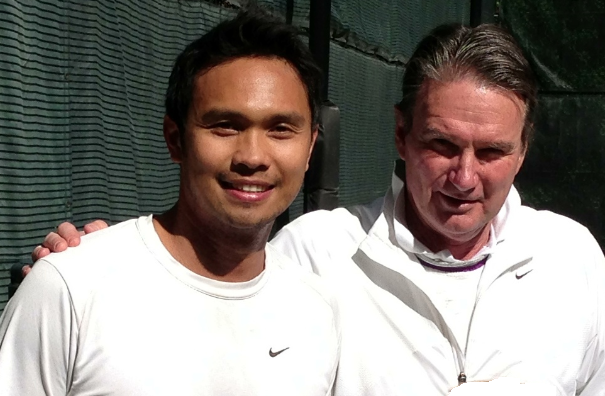
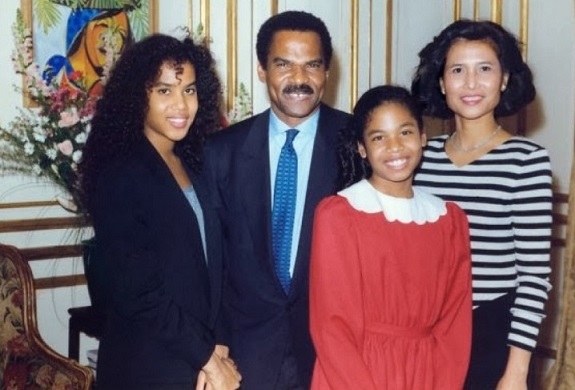


Thank you so much for this article.